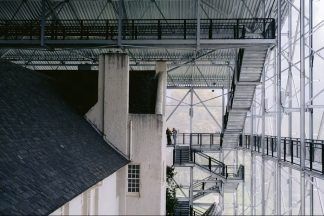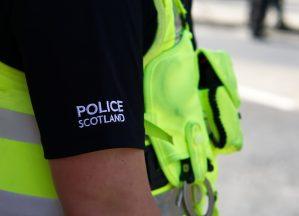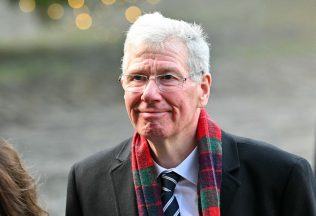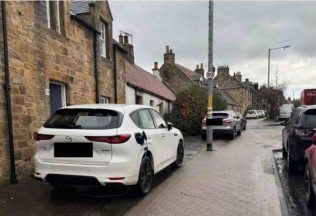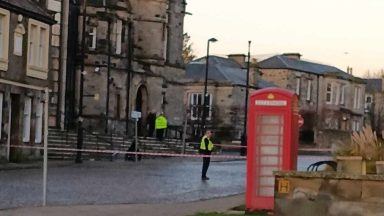The controversial Spaces for People scheme in Edinburgh is set to be retained on a trial basis for a further 18 months, the council has confirmed.
The temporary measures were originally introduced to enable pedestrians and cyclists to socially distance during the Covid pandemic and brought in under emergency legislation.
The schemes, which have been rebranded as Travelling Safely, will see Experimental Traffic Regulation Orders (ETROs) come into force from Monday, November 21, across the capital, including segregated cycle routes, road closures and traffic restrictions.
Edinburgh City Council say that the trial will allow it to test out changes and gain a better understanding of how the measures are working as residents’ travelling patterns change following the pandemic.
During the first six months of the trial a statutory consultation will allow people to make comments or objections relating to the ETROs.
The council’s Transport and Environment Committee agreed to implement the ETROs in September with an aim to foster safer, easier travel by walking, wheeling and cycling, as well as supporting healthy and sustainable modes of transport, improved road safety and the council’s target for Edinburgh to be net zero by 2030.
Despite the efforts of Conservative and Liberal Democrat councillors for some measures to be changed or scrapped, the transport committee previously voted to keep all measures in place.
At the committee in September, there was an agreement in the chamber that the council has to ‘rebuild trust’ amid a perceived lack of engagement with the public over Spaces for People since it was introduced in 2020.
Previously, engagement with the public on the proposed ETROs returned 1,230 responses, with 702 objecting and 303 in support.
Councillor Scott Arthur, transport and environment convener, said: “By extending the lifespan of these schemes we’ll have the chance to test and trial the measures to see how they’re working as life in the city settles to a new normality following the pandemic.
“I know the changes have divided opinion but there is no doubt that providing safe spaces to walk, wheel and cycle can significantly benefit the health, wellbeing and pockets of people in the city, not to mention positively impacting the environment by supporting sustainable travel and better connecting people to public transport.
“During the next six months anyone can comment on specific schemes, which will help inform future plans, so I would encourage anyone with an interest to take part in the statutory consultation. The consultation follows a legally defined process, and I will ensure that any material concerns are addressed in a transparent manner.”
Feedback received during the six-month consultation will be reported to the appropriate committee within the 18-month trial period to decide on whether the schemes will be made permanent, removed or modified.
The impacts of the measures will be monitored during the experimental period.
This monitoring, along with consideration of comments on the schemes, will help determine recommendations on whether some or all measures should be retained.
For schemes that are retained, permanent infrastructure to suit a longer-term road layout will be considered.
Funding for any permanent infrastructure would be discussed at an appropriate future committee.
Existing school schemes are currently being assessed under the citywide School Travel Plan Review and are not included in the Travelling Safely programme.
Follow STV News on WhatsApp
Scan the QR code on your mobile device for all the latest news from around the country


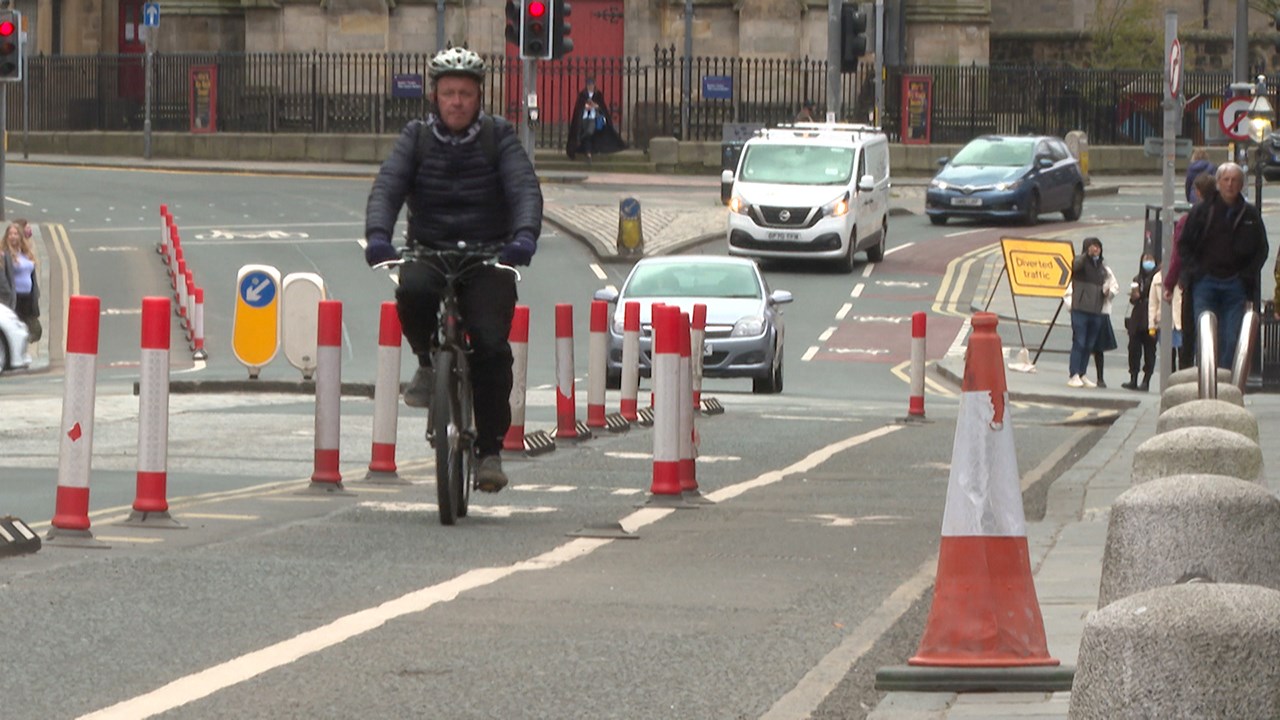 STV News
STV News

